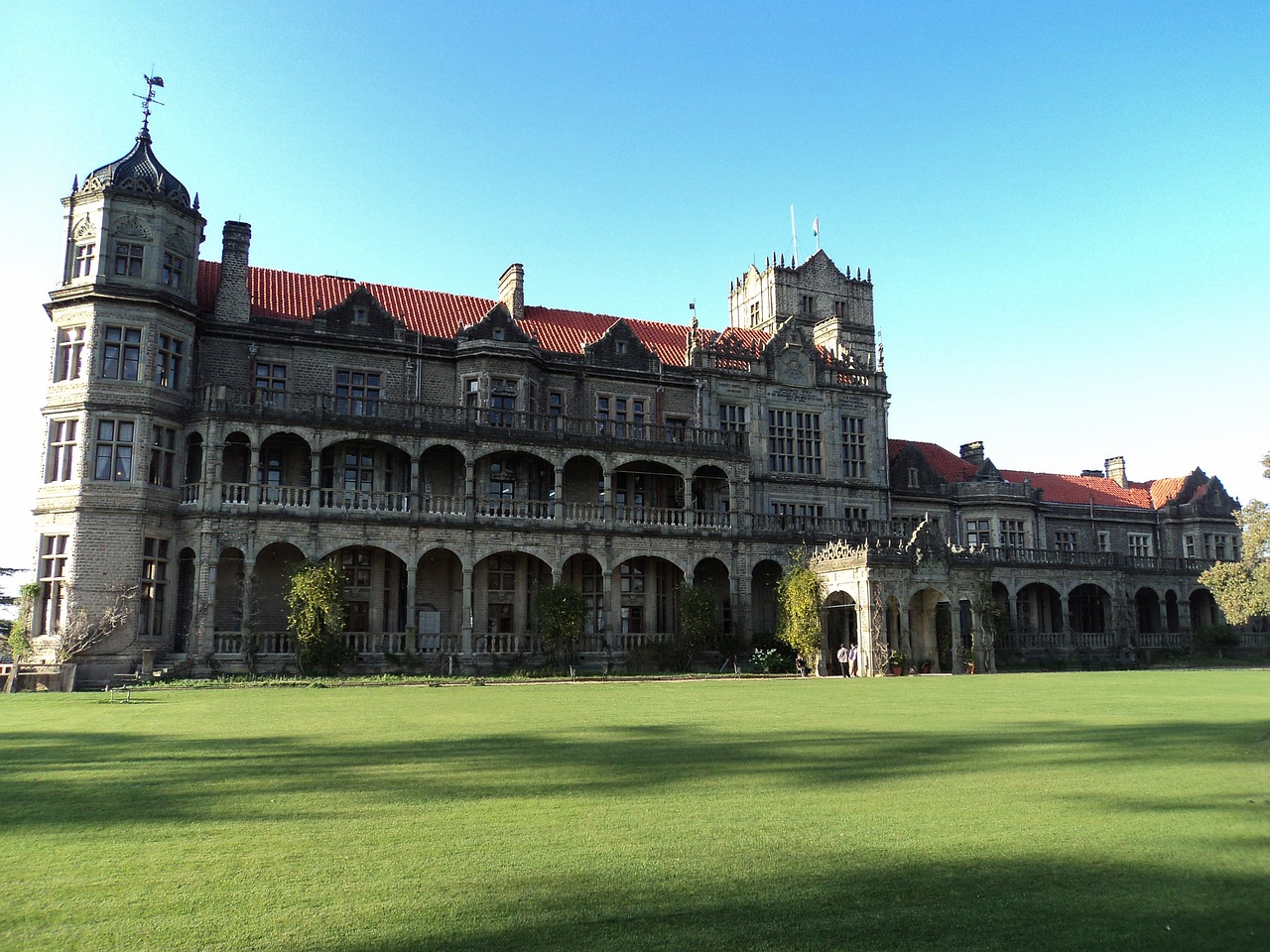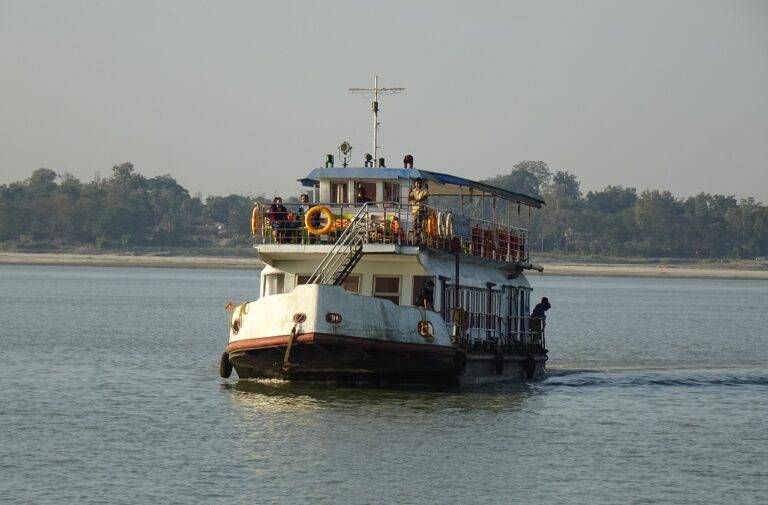Examining the Impact of Political Scandals on Election Outcomes
Media coverage plays a significant role in influencing how voters perceive political candidates and issues. Through various platforms such as television, newspapers, and social media, the media has the power to shape public opinion by highlighting certain aspects of a candidate’s campaign or focusing on specific policy issues.
The way in which the media frames political news can have a direct impact on voter perceptions. Whether through biased reporting, selective coverage, or sensationalized headlines, the media has the ability to sway public opinion in one direction or another. This influence on voter perception is especially pronounced during election cycles, as the media plays a crucial role in informing voters about the candidates and their positions on key issues.
Public Trust in Politicians and Institutions
Given the significant impact of politicians and institutions on society, the level of trust placed in them is a crucial aspect of governance and public sentiment. Public trust in politicians and institutions is inherently linked to their ability to uphold ethical standards, transparency, and accountability. When individuals perceive their leaders and governing bodies as being honest and reliable, it fosters a sense of confidence in the decision-making processes and policies put forth.
Moreover, public trust in politicians and institutions also plays a role in shaping civic engagement and participation. When citizens have faith in their elected officials and governmental bodies, they are more likely to actively engage in political processes such as voting, advocacy, and community initiatives. This trust serves as a foundation for a healthy democratic society, where the voices of the people are heard and represented effectively.
How does media coverage influence voter perception of politicians and institutions?
Media coverage plays a significant role in shaping voter perception by highlighting certain issues or scandals, framing politicians in a positive or negative light, and influencing public opinion through biased reporting.
Why is public trust in politicians and institutions important?
Public trust is crucial for a functioning democracy as it ensures that elected officials and government institutions are held accountable, and that policies are implemented in the best interest of the public.
What factors contribute to the erosion of public trust in politicians and institutions?
Factors such as corruption, scandals, lack of transparency, broken promises, and ineffective governance can all contribute to the erosion of public trust in politicians and institutions.
How can politicians and institutions work to regain public trust?
Politicians and institutions can work to regain public trust by being transparent, accountable, responsive to public concerns, and by delivering on their promises. Building trust through honest communication and ethical behavior is essential.
What role do citizens play in maintaining public trust in politicians and institutions?
Citizens play a crucial role in maintaining public trust by holding elected officials accountable, participating in civic engagement, voting in elections, and advocating for transparency and good governance. It is important for citizens to stay informed and actively participate in the democratic process.





